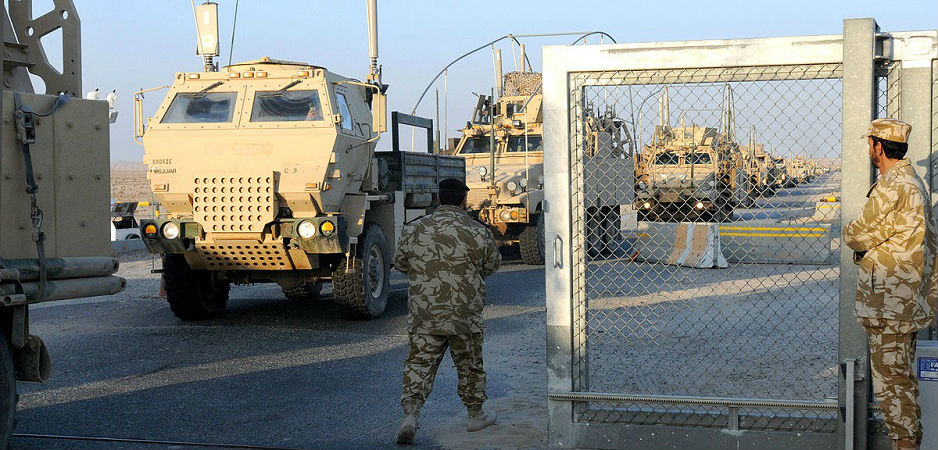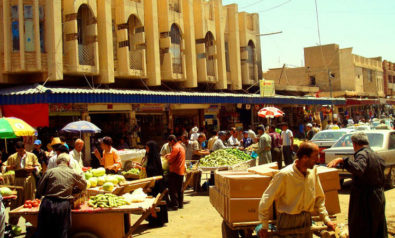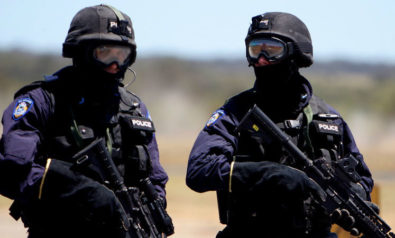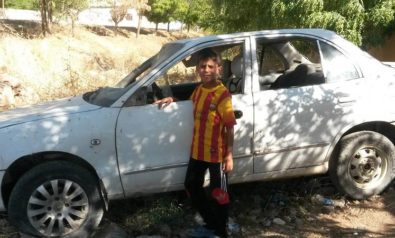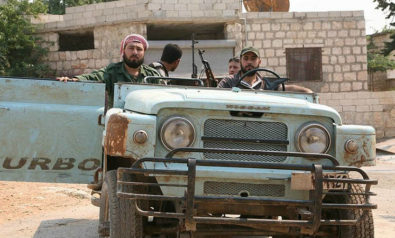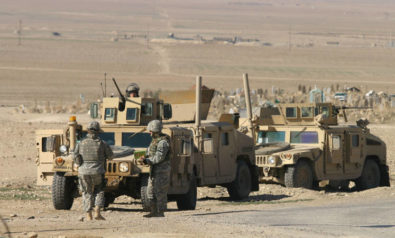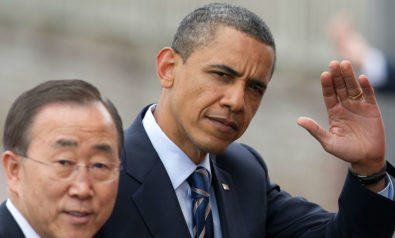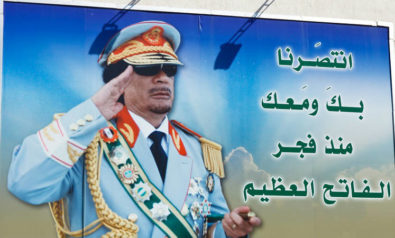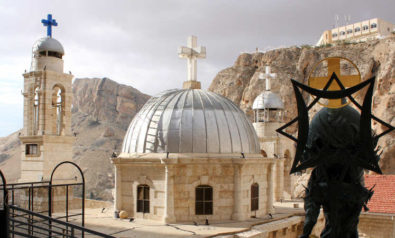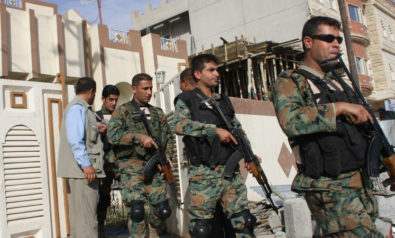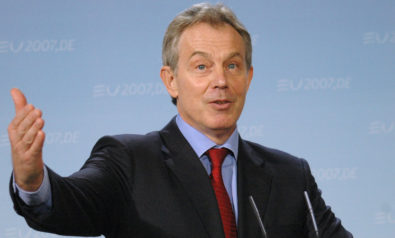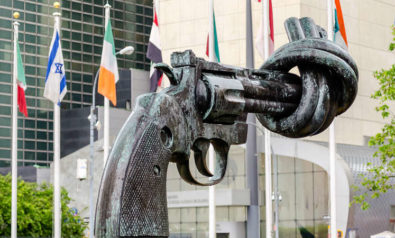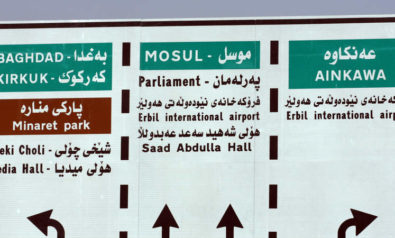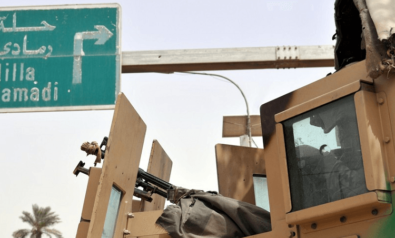The antigovernment rebellion in Iraq has tapped into longstanding Sunni grievances against the Maliki government.
Background
Iraq is facing its biggest security crisis in recent history. Militants from the Islamic State of Iraq and the Levant (ISIS), in alliance with Iraqi Sunni insurgents, have seized swathes of territory in northern and western Iraq. ISIS is an offshoot of al-Qaeda that originally emerged from Iraq, but soon extended its operations to Syria. Earlier this year, Ayman al-Zawahiri, the al-Qaeda chief, disavowed ISIS after a dispute over the group’s brutal tactics and territorial expansion.
The speed of the Iraq offensive that led to the capture of Mosul on June 10 caught most observers and government officials by surprise, despite prior warnings by the Kurdistan Regional Government (KRG). Having seized land in Anbar and Babel provinces several months ago, ISIS has recently changed its name to the “Islamic State” and declared a caliphate over parts of Iraq and Syria.
ISIS has not acted alone, but instead in alliance with other antigovernment forces in Iraq. These include the General Military Council for Iraqi Revolutionaries (GMCIR), whose leadership is mostly made up of ex-Iraqi army officers of Sunni and tribal origin, as well as former Sahwa (awakening) forces. Jaysh Rijal al-Tariqah al-Naqshabandia (JRTN) — also known as the Naqshabandi Order — which is said to be loyal to Izzat Ibrahim al-Douri, Saddam Hussein’s former right-hand man, is the main Baathist front. Its ideology is a mix of pan-Arabism, secular nationalism and Naqshabandi Sufi Islam, while also using jihad to add legitimacy to its cause. The group’s members are said be represented in the GMCIR.
Amid clashes, both groups’ ties with ISIS have been the subject of controversy, as they hold some form of operational relationship with the jihadist militants. With even more groups involved in the Iraqi insurgency, there is a great variety of tribes and militias at play. Tribal leaders and their militias are crucial players in the conflict.
Rebels capitalized on a crackdown of Sunni protest camps in early 2014. Militants exploited longstanding grievances toward the Maliki government — mainly from the Sunni Arab community. Nouri al-Maliki is a Shia prime minister and Iraq’s Sunni community feels politically and economically marginalized. Similar to protesters at the height of the Arab Spring, they no longer want to be on the receiving end of heavy-handed security tactics. Maliki’s government has been criticized as being dictatorial and Sunni support for the rebellion must be seen in this context.
Iraq is situated in the heart of the Middle East, bordering Jordan, Turkey, Syria, Kuwait, Saudi Arabia and Iran. Notwithstanding the long-term implications of an ISIS caliphate under Abu-Bakr al-Baghdadi, the self-declared caliph, violence in Iraq and Syria shows the potential end of the Sykes-Picot borders.
In response to the insurgency, Maliki ordered a large military offense. While ruling out air strikes, the US has sent several hundred troops and advisors to Iraq in order to protect the American Embassy and Baghdad International Airport. Washington has also established a joint military operations center in Iraq.
The standoff threatens to draw in regional actors. Amid conflicting statements, Iran has reportedly sent soldiers to Iraq in a bid to support Maliki. The commander of Iran’s elite Quds force, Qassem Suleimani, is involved in directing the Iraqi government’s response to the insurgency. Asa’ib Ahl al-Haq, an Iraqi Shia militia, is likely to play a key role in any response.
Why is the Iraq Crisis Relevant?
Iraq is situated in the heart of the Middle East, bordering Jordan, Turkey, Syria, Kuwait, Saudi Arabia and Iran. Notwithstanding the long-term implications of an ISIS caliphate under Abu-Bakr al-Baghdadi, the self-declared caliph, violence in Iraq and Syria shows the potential end of the Sykes-Picot borders. The publicized destruction of a crossing between Iraq and Syria underline ISIS efforts to redraw the Middle East map. Additionally, KRG President Masoud Barzani has called on the Kurdish parliament to prepare for an independence referendum, further threatening the end of a unified Iraq.
Aside from a risk of spillover to Jordan and Saudi Arabia, the Iraq crisis has already killed over 2,400 people — half of them were civilians. The violence has seen the displacement of 1 million Iraqis, with many of them seeking refuge in Kurdish regions. With the United Nations overstretching its resources to contain the humanitarian crisis, Saudi Arabia has pledged $500 million. Nevertheless, a medium-term uprooting of such a large number of people will inevitably complicate efforts.
Moreover, violence in Iraq will have a direct impact on the Syrian Civil War. As the threat to Maliki increases, Shia militias that have fought alongside the Syrian army are likely to refocus on repelling the Sunni insurgency in Iraq. With regard to inner-Iraqi dynamics, Iraq is at risk of an all-out civil war. Calls to arms and the mobilization of Shia militias, including the Sadrist Peace Brigades, have added to increased tension, with the possibility that neighboring Iran will step up its involvement in the conflict.
While armed intervention will not solve the underlying grievances that have triggered wider Sunni participation in the rebellion, military dynamics are likely to dominate in the foreseeable future. It is unclear as to how quickly a potential formation of an inclusive government would lead to a cessation of hostilities. Further clashes between insurgents are to be expected, not the least due to their opposing ideologies.
The cradle of civilization is on the brink of mayhem. A Balkanization of the Middle East is not a farfetched scenario. What happens next is anyone’s guess.
The views expressed in this article are the author’s own and do not necessarily reflect Fair Observer’s editorial policy.
For more than 10 years, Fair Observer has been free, fair and independent. No billionaire owns us, no advertisers control us. We are a reader-supported nonprofit. Unlike many other publications, we keep our content free for readers regardless of where they live or whether they can afford to pay. We have no paywalls and no ads.
In the post-truth era of fake news, echo chambers and filter bubbles, we publish a plurality of perspectives from around the world. Anyone can publish with us, but everyone goes through a rigorous editorial process. So, you get fact-checked, well-reasoned content instead of noise.
We publish 2,500+ voices from 90+ countries. We also conduct education and training programs on subjects ranging from digital media and journalism to writing and critical thinking. This doesn’t come cheap. Servers, editors, trainers and web developers cost money.
Please consider supporting us on a regular basis as a recurring donor or a sustaining member.
Support Fair Observer
We rely on your support for our independence, diversity and quality.
Will you support FO’s journalism?
We rely on your support for our independence, diversity and quality.

